2.2% rail fare hike criticised by many

Politicians and trade unions have heavily criticised Network Rail following today’s announcement that the company is increasing rail fares.
Regulated fares, including season tickets, have risen by up to 2.5 per cent, while on average rail fares have increased by 2.2 per cent.
Notable increases include fares for routes between Milton Keynes and London, where annual season ticket-holders must now pay £4,888, a £112 rise from last year.
According to the Campaign for Better Transport (CBT), in the last five years the price of a season ticket between Milton Keynes and London has risen by £930, which equates to an increase of 23.5 per cent.
The CBT claims that “for most people, train fares are now rising around four times as fast as their wages”.
Mick Cash, general secretary for the National Union of Rail, Maritime and Transport Workers (RMT), further criticised the changes, stating: “The scandal of Britain’s great rail fares rip-off continues with today’s hike far outstripping pay increases, and it will once again hit those at the sharp end of the austerity clampdown the hardest.”
Similarly, the Trades Union Congress (TUC) general secretary Frances O’Grady declared: “Rail fares are now consuming a huge proportion of people’s wages, leaving precious little for other bread and butter expenses.”
O’Grady added: “The cost to passengers of the failed privatization of our railways cannot be ignored. We’ve ended up with slower trains and higher fares than countries who have kept their trains in public hands.”
Responding to this outcry of critcism, transport secretary Patrick McLoughlin said: “We are investing in the biggest rail modernisation since the Victorian era and fares have a crucial role to play in funding these improvements. This is because building better infrastructure helps create jobs, building a stronger economy for us all.”
In a further attempt to justify the increases, Michael Roberts, director general of the Rail Delivery Group representing rail operators and Network Rail, added: “The average increase in fares in 2015 is the lowest for five years. For every £1 spent on fares, 97p goes on track, train, staff, and other costs while 3p goes on profits earned by train companies for running services on Europe’s fastest growing railway.”
The announcement comes following Christmas delays and cancellations which led to station closures in the capital. Network Rail chief executive, Mark Crame, has since announced he will not be accepting his annual performance-related bonus of £30,000.
Eoin O’Sullivan-Harris












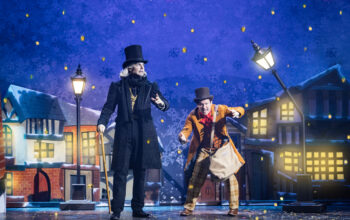



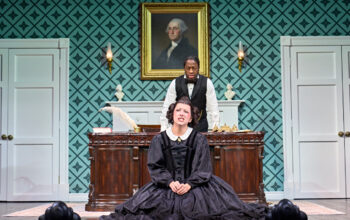
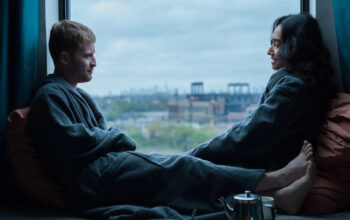




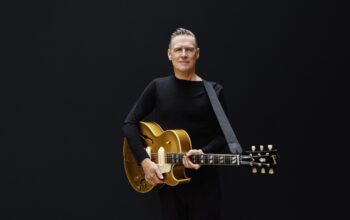
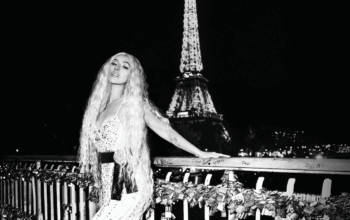
Facebook
Twitter
Instagram
YouTube
RSS